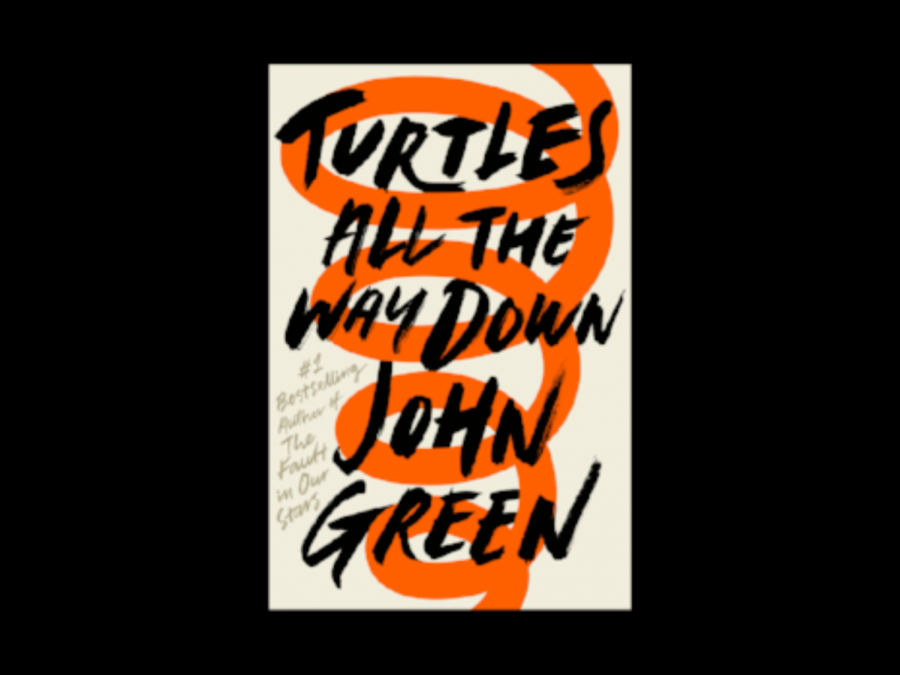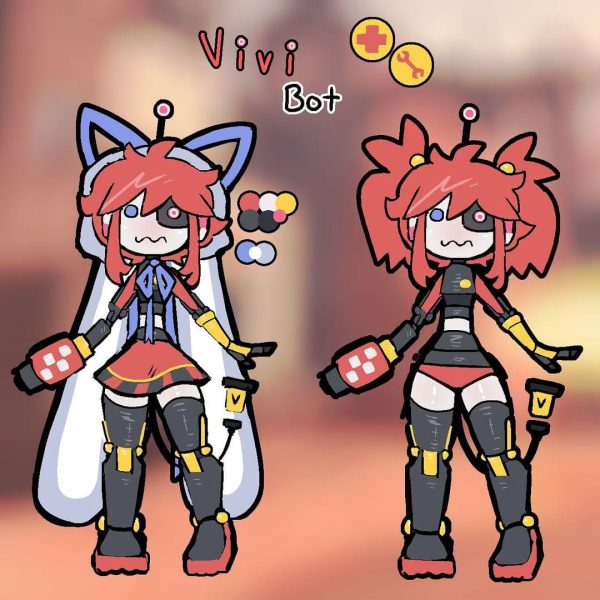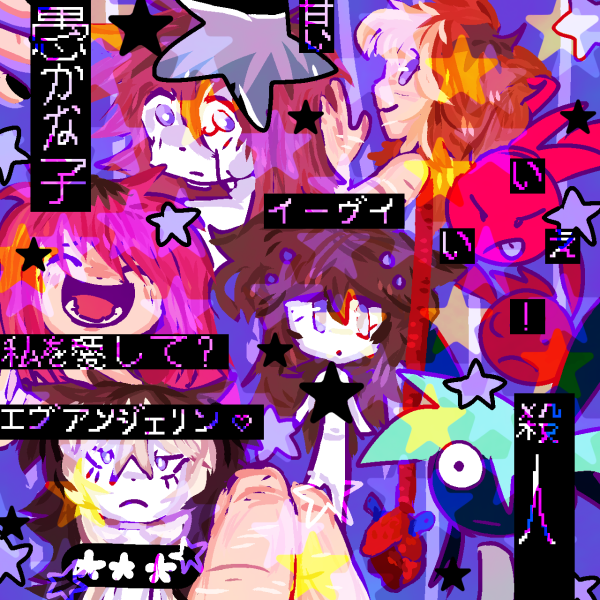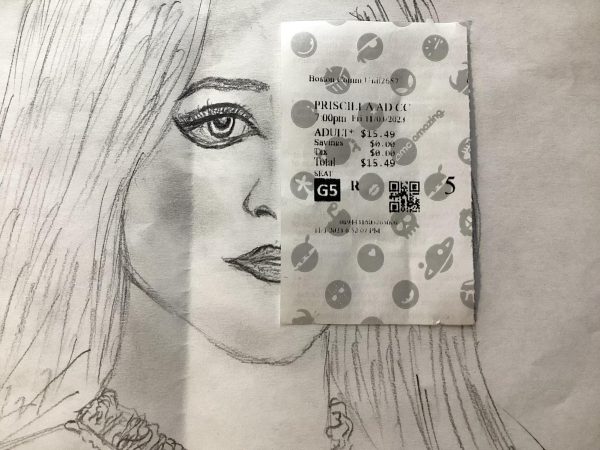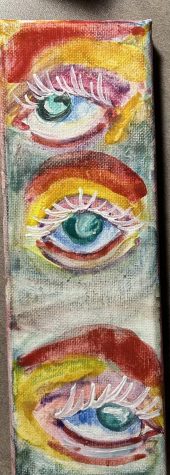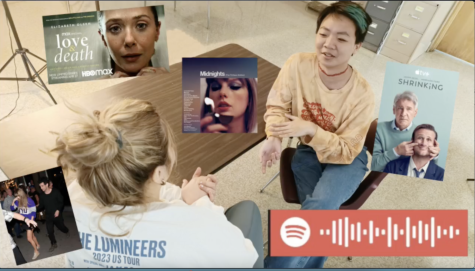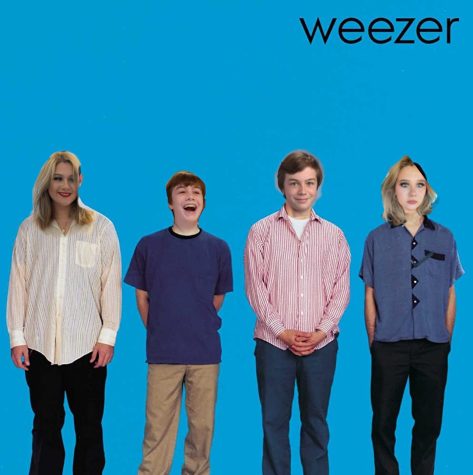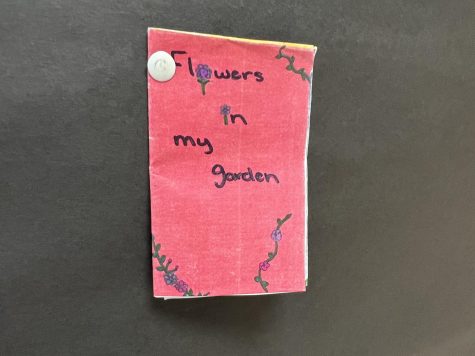Mental Illness in the Media
Turtles All the Way Down
The long-awaited new title from John Green, author of The Fault in Our Stars
November 8, 2017
In the past decade many movies, songs, and books targeted at a teen audience have been created about mental illness. The most recent being Turtles all the Way Down by John Green and the song “1-800-273-8255” by Logic. Turtles all the Way Down discusses how a girl who lives with OCD handles her fears and the rituals she does to stop these fears. “1-800-273-8255” is a song about someone calling the hotline and the operator talking them out of committing suicide.
Sarah Lagerstrom, a social worker at PIHS, said popular media such as this can help or make conditions worse; there is a chance of people reacting well to it or not. Some of the books or movies she believes accurately represent mental illness are A Beautiful Mind with Russell Crowe and Perks of Being a Wallflower by Stephen Chbosky. As for 13 Reasons Why, Lagerstrom said, “The warning signs were helpful. It was difficult to watch but it was very real.”
People know their limits and some could handle the show and others couldn’t. Meanwhile, an effective coping skill for stress or sadness is listening to music. According to Lagerstrom, “It doesn’t matter what genre, it’s just something about the music, where listeners can get lost in it.”
Freshmen Bethany Baker, who suffers from a mental illness, believes that having mental illnesses in books and movies is not helpful to people. Baker is worried that young viewers will see or read this and think, “Oh this is cool, I’m gonna make up a mental illness for myself,” but she believes it’s anything but cool.
“13 Reasons Why was the worst show ever,” Baker said. “I was fairly offended.” Baker isn’t ashamed of her illness, but to her, 13 Reasons Why was just a money grab.
Senior Sophia Gibson believes it depends on how the illness is represented. If it’s negative then it is a money grab. Gibson thinks the film Sling Blade represents mental illness well. “If it’s all about the mental illness, rather than how this person lives their day to day life with it. Then I don’t think it can help,” Gibson said.
Teenagers in made up songs, books and movies who deal with mental illnesses creates a safe distance to learn about anxiety and depression. It also teaches to have compassion for characters and members of our community. However, in an era of binge consuming popular entertainment, maybe there is such a thing as too much of a sad thing.
If you are struggling or need help with a mental illness these resources are available:
Boosterbuddy (an app)
714-714 (textline just type “hello” and someone will be online)
1-800-273-8255 (suicide hotline)

